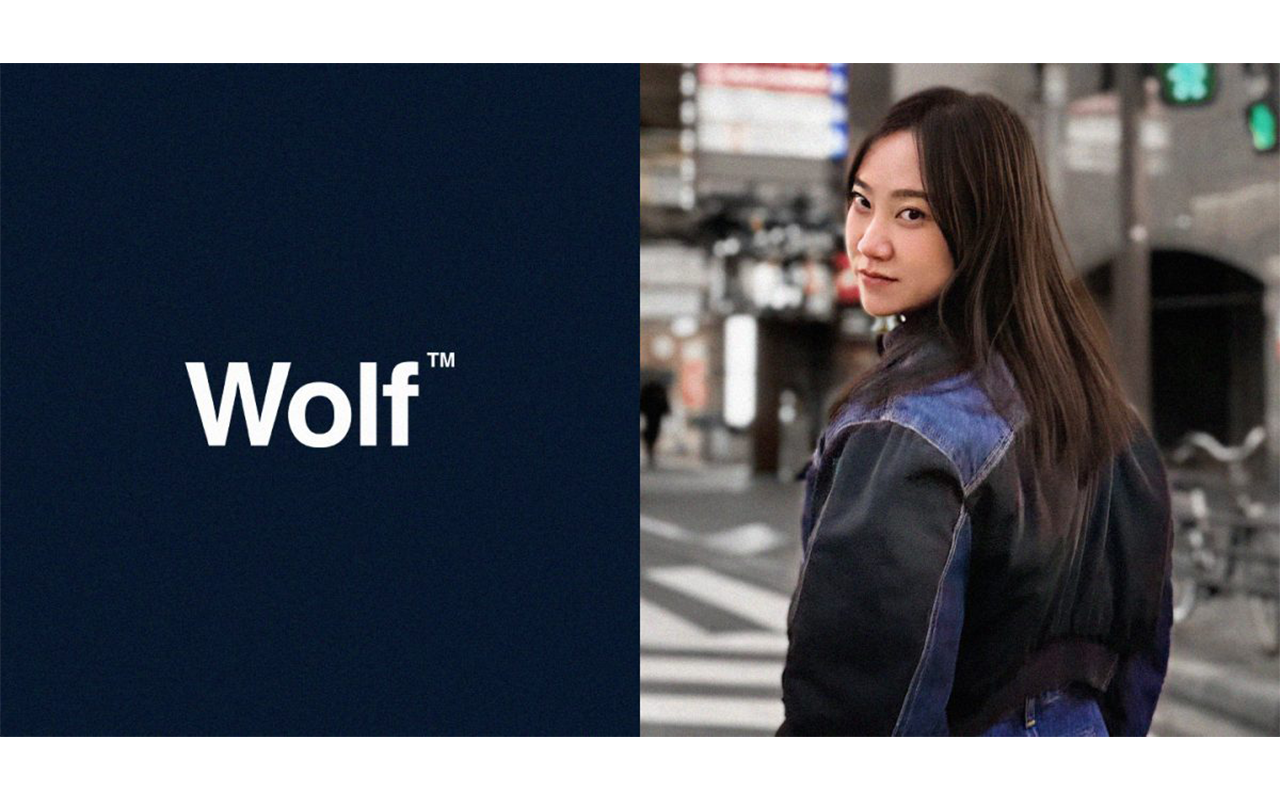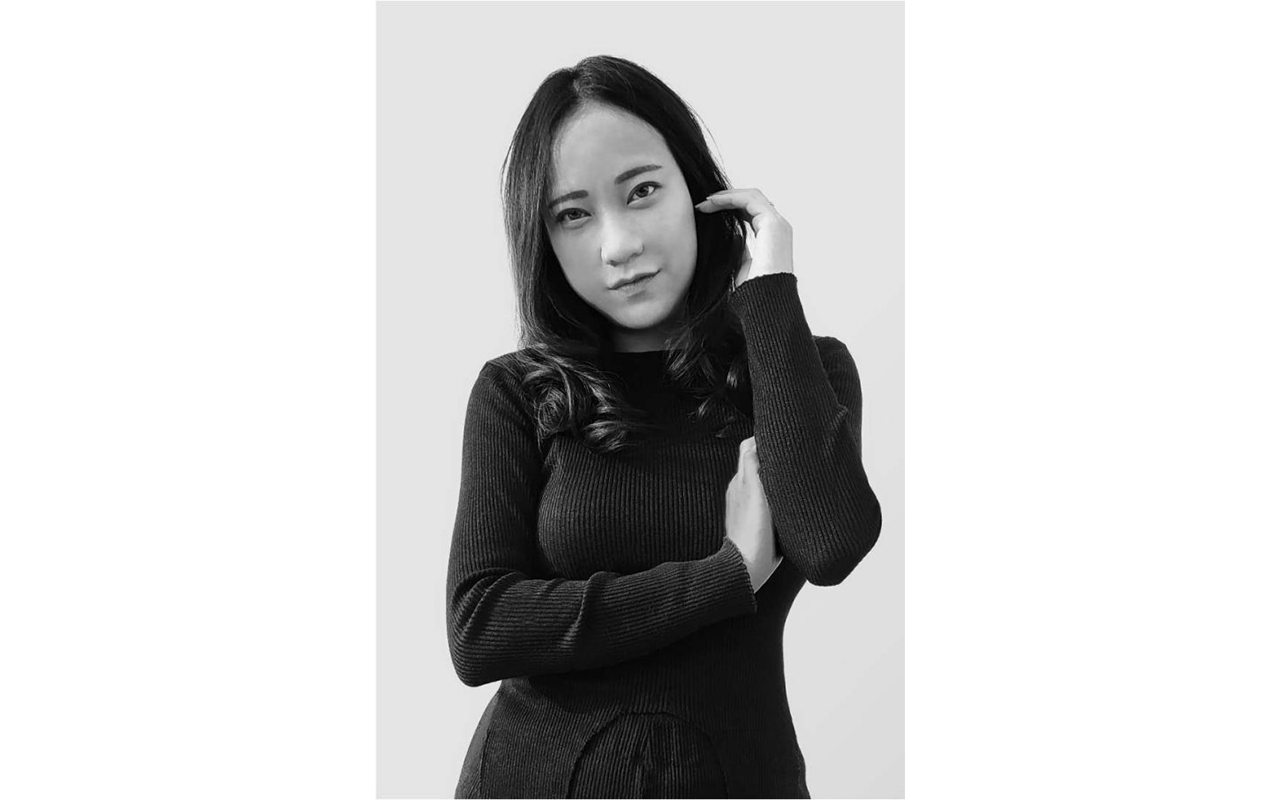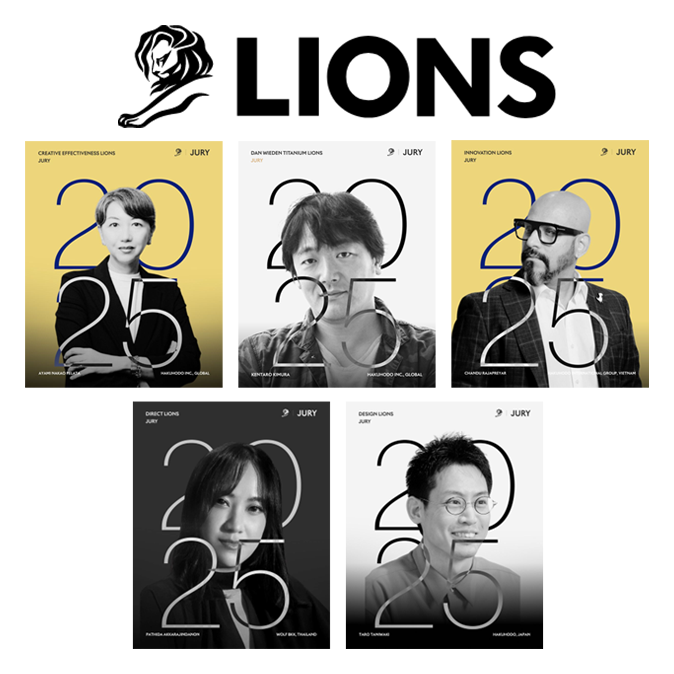- Reportage
- Viewpoints
Source: adobo Magazine

CANNES, FRANCE – Wolf BKK Executive Creative Director Pathida Akkarajindanon has spent over a decade in the creative industry, working on major campaigns for brands such as KFC, the Tourism Authority of Thailand, and more.
She has earned recognition both in her home country of Thailand and on the international stage, having received accolades from prestigious award-giving bodies like Clio, The One Show, New York Festivals, Advertising Awards, Epica Awards, Spikes Asia, Adfest, D&AD, and Cannes Lions.
Whenever Pathida steps onto the global stage — whether as a competitor or as a juror among some of the world’s most respected panels — she not only represents Thailand but also brings pride and excellence to Asia, showing the world that the region is rich with creative talent.
In an exclusive interview with adobo Magazine, Pathida shared her thoughts on what it means to represent Asia on the world stage.
adobo Magazine: From your perspective, what are the biggest challenges that Asian work faces in gaining recognition at global creative award shows like Cannes Lions?
Pathida Akkarajindanon: The biggest challenge is translation — not just of language, but of cultural meaning. A lot of Asian work is emotionally rich and deeply rooted in context. But without that context, the heart of the idea can be misunderstood or overlooked. We’re not lacking creativity, we’re often just not expressing it in a way the room can immediately grasp.
adobo Magazine: What qualities or strategies do you believe can help Asian agencies improve their performance on the awards circuit?
Pathida: Clarity, craft, and courage. We need to tell our stories with global clarity without watering down our local voice — striking a balance between authenticity and universal human resonance. And we must invest in storytelling, especially in the case video. If the idea is strong but the story isn’t well told, it’s easy to miss. Don’t be afraid to push distinctively Asian perspectives. Boldness is what makes work stand out.
adobo Magazine: If you are a juror from Asia, how would you navigate the gap between culturally specific work and global comprehension?
Pathida:I see myself as a cultural translator, not just a juror. It’s my responsibility to provide context on why this work matters, what makes it special, and how the local insight relates to broader human behavior. At the same time, I advocate for ideas that transcend culture without losing their soul.
adobo Magazine: What advice would you give to creatives who want to tell deeply local stories while still resonating with a global jury?
Pathida: Start with truth and build toward universality. The best local stories carry something deeply human inside — whether it’s love, loss, pride, injustice, or humor. If you find that emotional core, you don’t need to explain everything. Emotion travels across cultures faster than logic ever will.
Local ideas become global when they speak to the heart, not just the head. Think about how the idea lives beyond the cultural moment — what it says about people, not just place.
adobo Magazine: Can you share an example of a campaign with strong local flavor that succeeded because it also conveyed a universal emotion or insight?
Pathida: One campaign that really struck me was “Dare to Step” by Gambol with YDM Thailand. When it first launched in Thailand, I was blown away. It was bold in taking a functional product like a comfortable sandal and turning it into a platform to raise awareness around serious societal issues. The way they tied comfort to how the brain works, and extended that to topics like domestic violence, air pollution, and corruption — that’s brave storytelling.
At first, I wondered how the global audience would receive it, especially because the core Thai wordplay, “Klar-Tae,” has a double meaning: “Tae” means sandal, but also “to touch” or “to confront.” It’s very culturally specific. But the team translated that beautifully with the line “Dare to Step,” which captured both the spirit and the message.
What made it work globally wasn’t just the translation, it was the emotional layers, its surreal yet effective storytelling, and the universal relevance of the issues it tackled. It’s a perfect example of a campaign that transcends culture while staying rooted in its own.
adobo Magazine: As a judge from Asia, how do you see your role in representing the region on the jury panel — especially when it comes to explaining or defending culturally specific work that may not be immediately understood?

Pathida: It’s an ambassadorial role. You’re not just evaluating, you’re advocating. When you’re sitting on that jury and might be the only one representing Asia, it’s no longer just about your own country. You feel a responsibility to speak up for the region as a whole.
That’s not easy, because Asia is incredibly diverse. What resonates in Thailand might not land the same way elsewhere. So it takes effort to proactively understand our neighbors’ cultural contexts, not just your own.
That’s why I believe preparation is key. There’s always strong work from across Asia being shared in media, press, and social. I make a point to follow them, understand their cultural core, and track how they’re received at home. Because when that work shows up in the jury room, you need to be ready to speak up — not just to explain what it means, but to explain why it matters.
It’s not about defending everything blindly. It’s about making sure great ideas, rooted in culture, get a fair chance to be seen for what they are, and not missed because they weren’t instantly understood.
adobo Magazine: In your experience, what are common pitfalls Asian entries make when creating case study videos or written entries?
Pathida: One common pitfall is over-explaining the context, which leads to bloated case films that take too long to get to the core idea. Sometimes the production quality also doesn’t match the strength of the insight. A brilliant idea deserves a sharp, emotional, and well-crafted case film. And above all, the idea should lead, not the explanation.
adobo Magazine: Do you think juries today are becoming more receptive to culturally distinct ideas from Asia — or is there still more work to do?
Pathida: There’s definitely more openness now. I’ve seen more work from Asia win, not because it’s exotic, but because it’s excellent. That said, there’s still bias — conscious or not. We still need to show up with our best, and consistently. We’re not just representing one market — we’re helping expand the definition of what ‘global creativity’ looks like.
adobo Magazine: What suggestions would you give to awards show organizers to make Asia entries better understood and appreciated?
Pathida: Include more Asian jurors with meaningful voices. Diversity in judging leads to diversity in awarded work. Also, offer more platforms or initiatives that help jurors understand the cultural nuances behind entries from regions they may not be familiar with. Context is everything.
End article
Read article at:
Beyond borders: Wolf BKK ECD Pathida Akkarajindanon on championing Asian creativity at Cannes and beyond – adobo Magazine Online
















